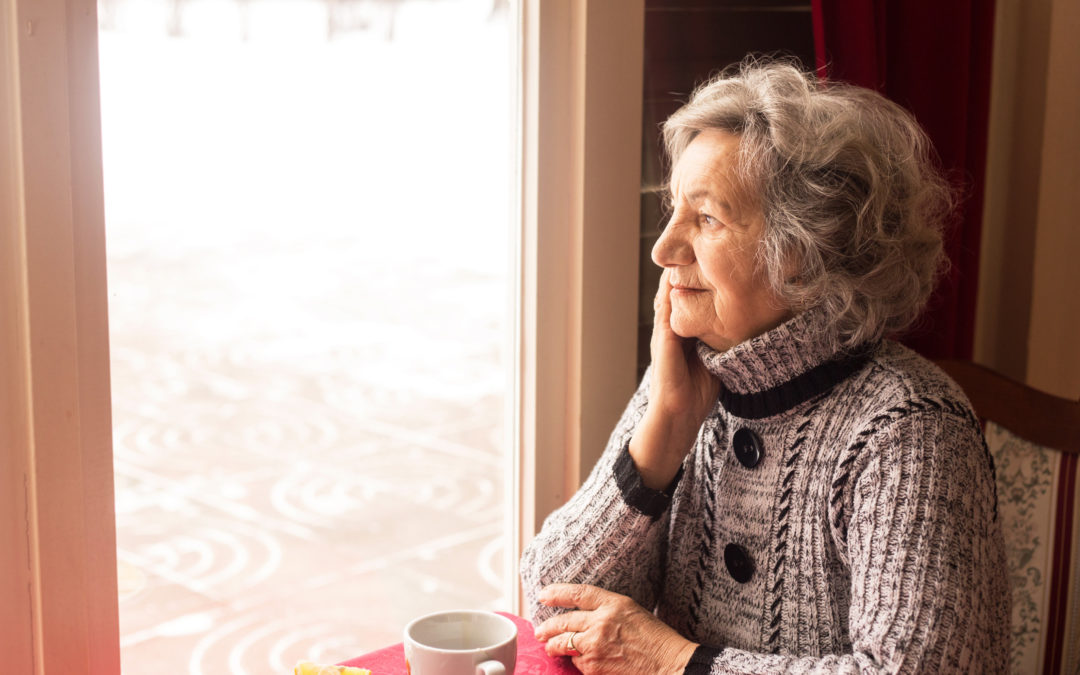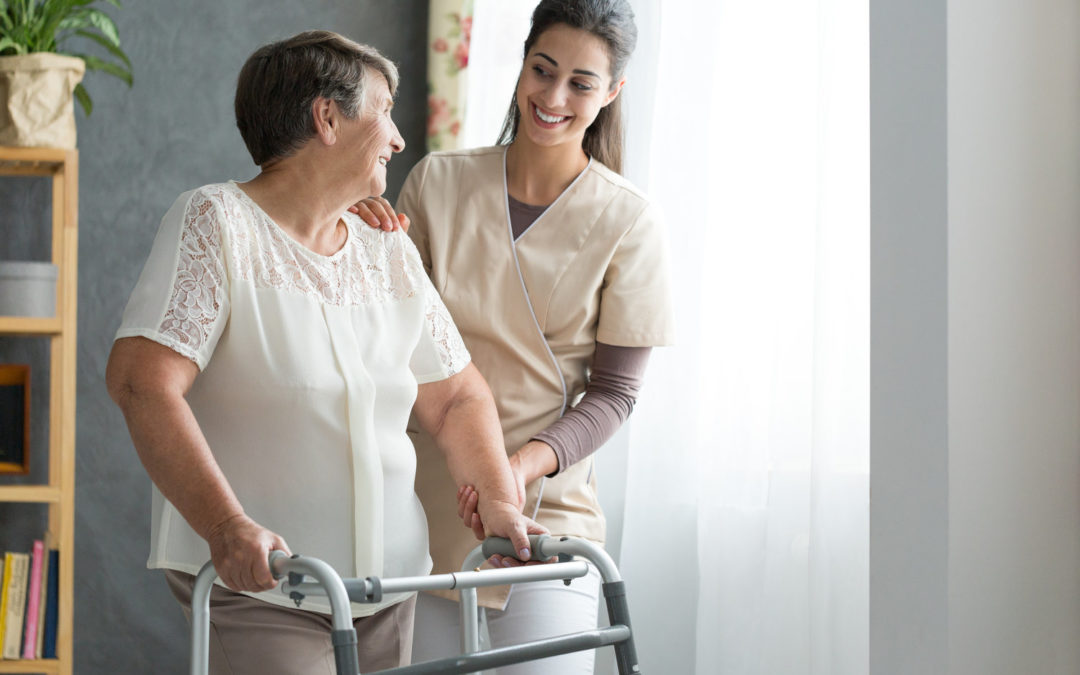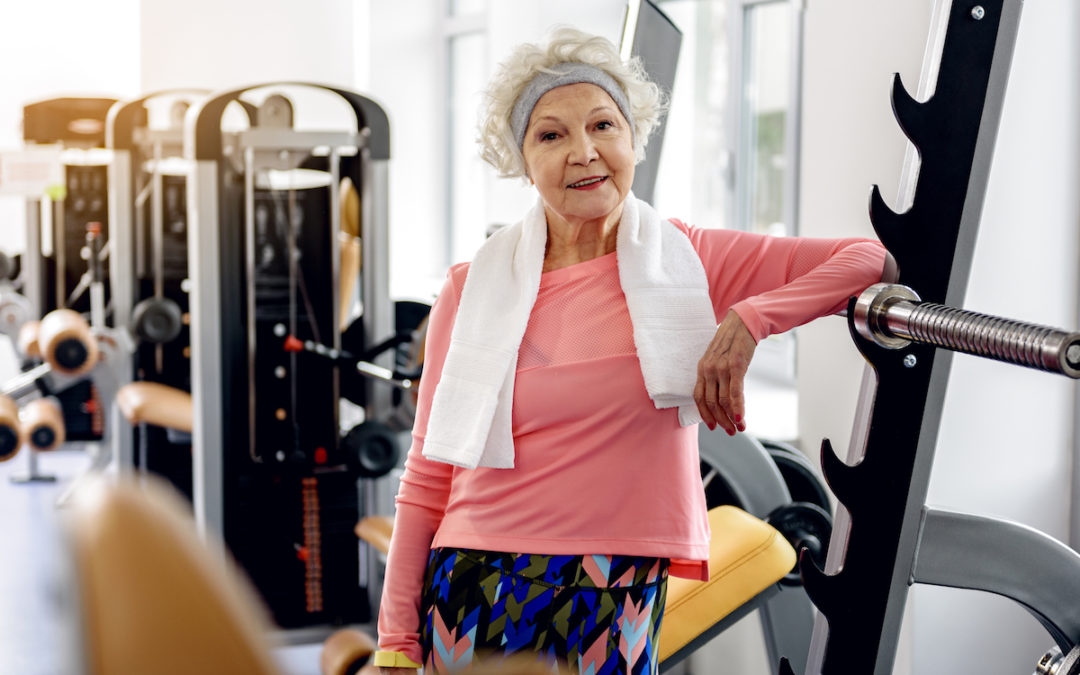
7 Considerations For Selecting Healthcare Providers For Seniors
Deciding where you, your parents or other family members will live out their lives when they are in need of healthcare services, is a momentous decision, often made in haste during a health crisis.
During these times, it is important to be armed with the information you need to make the best decision possible.
Below are seven key criteria for determining which assisted living or skilled nursing facility is right for you or a loved one.
1. Check the Star Rating
The federal government’s Centers for Medicaid and Medicare Services created a Five-Star Quality Rating System to help families compare health care providers. Facilities are rated based on health inspections, staffing and quality measures. Look for a facility that has a four-star or five-star rating. NursingHomeRating.org also employs a five-star rating system, as you can see here.
2. Seek Recommendations
An objective review is important, but you also need to think about whether a healthcare provider is right for your particular circumstances. In that case, it can be helpful to seek opinions from both experts and everyday consumers like you. Talk to your friends who may have experienced similar circumstances. Then examine the online reviews of facilities from individual consumers and organizations that specialize in senior living communities. For example, here is the review from Senior Advice of Gateway Vista, a continuum of care community in Lincoln, Nebraska.
3. Research the Company Online
Online recommendations and reviews can be eye-opening, and while they only tell part of the story, they can help you understand the real-life experiences of other families, patients and residents. Research the organization on Google, their website and other online review sites, such as SeniorAdvice.com. Consider both the good and bad information – they will provide ideas of things to look for and questions to ask if and when you visit.
4. Review the Organizational Values and History
Is the organization you’re looking into family-owned or does it report to a corporate board elsewhere? Is its mission to maximize the health and well-being of its residents or to generate profits for shareholders? Is it a place where employees love to work and remain for years or is there constant turnover of staff? Are the people in charge innovators in the field going back decades or are they fairly new to it? Answers to questions like these will go a long way towards determining whether this is the healthcare provider for you.
5. Check Their Credentials
It’s easy to determine whether a provider is recognized for excellence by the American Health Care Association and the Centers for Medicaid and Medicare Services.
6. Get a Sense of How It Feels There
You want to walk onto the campus and feel like you’re home. You want to see staff and residents smiling and celebrating life. You may feel down when you need assistance with daily activities or rehab for an injury, but you want the people around you to pick you up with their spirit.
7. Make Sure There is Easy Access to Healthcare Partners
Most continuum of care communities have a wide range of healthcare providers on site, but how about the physicians, therapists and specialists you may need while living there? Determine in advance whether those providers are right down the road or two towns over where they might be difficult to access. That can make a world of difference for you or your loved one.
Nye Health Services offers seven communities in Eastern Nebraska and one in Wyoming, structured to meet the needs of their residents from independent living to skilled nursing care. A family-owned company with a rich history of connecting with the people they serve, Nye Health Services is open for visits anytime. Call 402.753.1400 to schedule an appointment at locations in Fremont, Lincoln, South Sioux City, Norfolk, or Jackson Hole, or visit https://nyehealthservices.com for more information.
Nye Health Services Award-Winning Campuses & Services
Nye Health Services · 750 East 32nd Street · Fremont, Nebraska 68025 · 402.753.1400 · Privacy Policy | XML Sitemap






